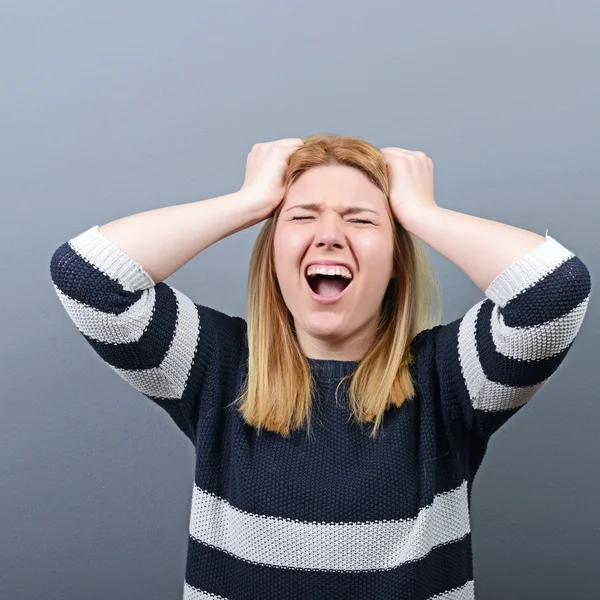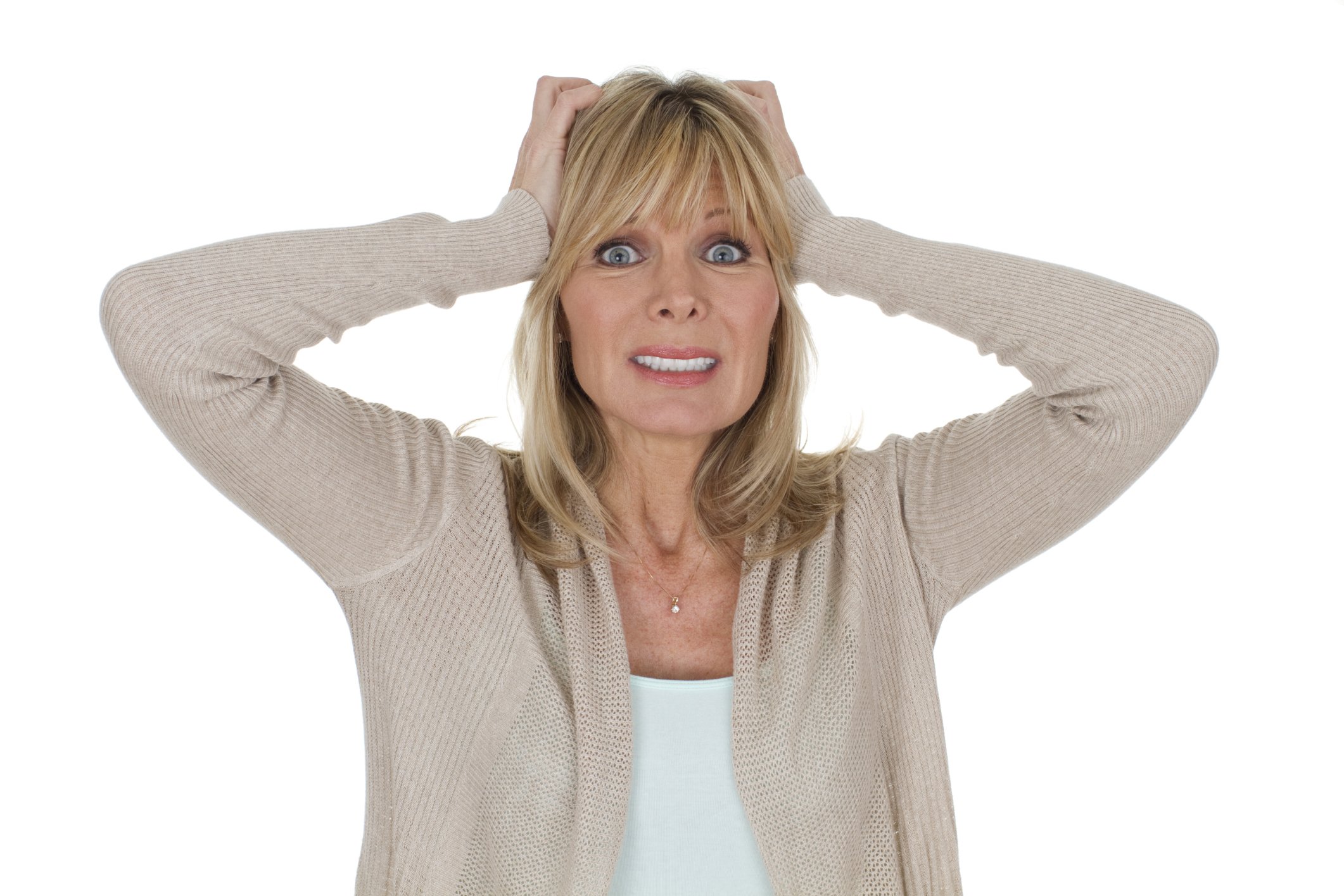Have you ever noticed yourself pulling your hair when stressed? Or maybe you’ve seen someone doing it and wondered why? Hair pulling rough is more common than you think, and it can be a sign of something deeper going on. Whether it’s an unconscious habit or a sign of a bigger issue, understanding this behavior is crucial for your well-being. So, let’s dive into the world of hair pulling and figure out what’s really going on.
Imagine this: you’re sitting at your desk, deadlines looming, and suddenly you catch yourself tugging at your hair. It’s not just about stress, though. Hair pulling rough can be linked to anxiety, compulsive behaviors, or even a condition called trichotillomania. This habit isn’t just annoying—it can lead to hair loss and emotional distress.
But don’t worry, we’re here to break it down for you. In this article, we’ll explore the causes, effects, and solutions for hair pulling rough. Whether you’re doing it consciously or unconsciously, we’ve got you covered. Let’s get started!
Read also:Bart Simpson Running Into Wall The Ultimate Guide To Everyones Favorite Prankster
What Is Hair Pulling Rough?
Hair pulling rough refers to the act of forcefully pulling out your hair, whether it’s from your scalp, eyebrows, or other parts of your body. It’s not just about bad hair days; this behavior can be a sign of underlying psychological or emotional issues. Some people do it as a way to relieve stress, while others might not even realize they’re doing it.
Think about it like this: when life gets overwhelming, some folks bite their nails, others pick at their skin, and some pull their hair. It’s like your body’s way of coping with intense emotions. But here’s the thing—if it becomes a regular habit, it can lead to serious problems, including hair loss and emotional distress.
Is Hair Pulling Rough Always a Bad Thing?
Not necessarily. Sometimes, people pull their hair as a way to focus or relieve tension. For instance, students might tug at their hair during exams to help them concentrate. However, if it becomes frequent or compulsive, it could indicate a deeper issue. It’s all about balance—if it’s affecting your daily life or causing harm, it’s time to address it.
Causes of Hair Pulling Rough
So, what makes people pull their hair? There’s no one-size-fits-all answer, but here are some common causes:
- Stress: Life gets tough, and sometimes hair pulling becomes a way to release that tension.
- Anxiety: Anxiety can trigger compulsive behaviors, including hair pulling.
- Trichotillomania: This is a mental health disorder characterized by the irresistible urge to pull out hair.
- Boredom: Believe it or not, some people pull their hair out of sheer boredom.
- Habit: If you’ve been doing it for a while, it can become a hard-to-break habit.
Understanding the root cause is key to addressing the issue. Whether it’s stress, anxiety, or something else, recognizing why you’re pulling your hair is the first step toward solving the problem.
Trichotillomania: The Hidden Culprit
Trichotillomania is a psychological disorder that affects about 1-2% of the population. People with this condition feel an intense urge to pull their hair, and it can be incredibly difficult to stop. It’s not just about hair pulling—it’s about the emotional and mental toll it takes on individuals. If you suspect you or someone you know has trichotillomania, it’s important to seek professional help.
Read also:Dubai Toilets Meme The Hilarious Side Of Luxury And Cleanliness
Effects of Hair Pulling Rough
Hair pulling rough isn’t just a harmless habit—it can have serious consequences. Here’s what you need to know:
- Hair Loss: Constant pulling can lead to bald patches and permanent hair loss.
- Emotional Distress: Feeling ashamed or embarrassed about your habit can take a toll on your mental health.
- Physical Pain: Pulling hair can cause scalp irritation, pain, and even infections.
- Social Withdrawal: Some people avoid social situations because they’re self-conscious about their hair.
These effects can spiral into bigger issues if left unchecked. That’s why it’s important to address hair pulling rough early on.
How Hair Pulling Rough Affects Your Confidence
Imagine walking into a meeting with noticeable bald patches. Or feeling like you can’t go out because your eyebrows are uneven. Hair pulling rough can seriously dent your confidence. It’s not just about appearance—it’s about how you feel about yourself. And let’s be real, nobody deserves to feel that way.
Who Is Affected by Hair Pulling Rough?
Hair pulling rough can affect anyone, regardless of age, gender, or background. However, certain groups are more prone to it:
- Teenagers: Stress from school, social pressures, and hormones can trigger hair pulling.
- Women: Hormonal changes, anxiety, and societal beauty standards can contribute to the habit.
- Men: While less common, men can also pull their hair due to stress or anxiety.
It’s important to note that hair pulling rough doesn’t discriminate. Anyone can fall into this habit, and it’s crucial to address it before it becomes a bigger issue.
Statistics on Hair Pulling Rough
Did you know that trichotillomania affects about 1-2% of the population? That’s millions of people worldwide. And while not everyone with hair pulling rough has trichotillomania, the numbers are still significant. Studies show that women are more likely to experience hair pulling rough than men, but the gap is closing as awareness grows.
Solutions for Hair Pulling Rough
If you’re ready to tackle your hair pulling rough habit, here are some strategies to help you out:
- Mindfulness: Practice being present in the moment to catch yourself before you pull.
- Habit Reversal Training: This technique involves replacing the hair pulling habit with a healthier one.
- Counseling: Talking to a therapist can help you address the root cause of your habit.
- Stress Management: Find ways to manage stress, such as exercise, meditation, or journaling.
Remember, there’s no shame in seeking help. Whether it’s through therapy, support groups, or self-help techniques, there are plenty of resources available to help you overcome hair pulling rough.
Therapy Options for Hair Pulling Rough
Therapy can be a game-changer for those struggling with hair pulling rough. Cognitive-behavioral therapy (CBT) is particularly effective in helping individuals identify and change negative thought patterns. Additionally, habit reversal training can teach you healthier ways to cope with stress and anxiety.
Preventing Hair Pulling Rough
Prevention is key when it comes to hair pulling rough. Here are some tips to help you avoid falling into the habit:
- Keep Your Hands Busy: Fidget toys or stress balls can help redirect your energy.
- Avoid Triggers: Identify what sets off your hair pulling and try to avoid those situations.
- Practice Self-Care: Taking care of your mental and physical health can reduce the urge to pull.
Prevention isn’t just about stopping the habit—it’s about creating a healthier lifestyle overall. By addressing the root causes and practicing self-care, you can prevent hair pulling rough from taking over your life.
Support Groups for Hair Pulling Rough
Joining a support group can make a huge difference. Connecting with others who understand what you’re going through can provide comfort and encouragement. Plus, you’ll learn new strategies and techniques from people who’ve been there, done that.
Conclusion
Hair pulling rough might seem like a small issue, but it can have big consequences. Whether it’s stress, anxiety, or a deeper psychological issue, understanding the cause is the first step toward solving the problem. By using strategies like mindfulness, habit reversal training, and therapy, you can take control of your habit and improve your overall well-being.
So, what’s next? If you’re ready to tackle your hair pulling rough, start by identifying the triggers and seeking professional help if needed. And don’t forget to practice self-care and connect with others who understand what you’re going through. Together, we can make a difference.
Table of Contents
- Causes of Hair Pulling Rough
- Trichotillomania: The Hidden Culprit
- Effects of Hair Pulling Rough
- How Hair Pulling Rough Affects Your Confidence
- Who Is Affected by Hair Pulling Rough?
- Statistics on Hair Pulling Rough
- Solutions for Hair Pulling Rough
- Therapy Options for Hair Pulling Rough
- Preventing Hair Pulling Rough
- Support Groups for Hair Pulling Rough


